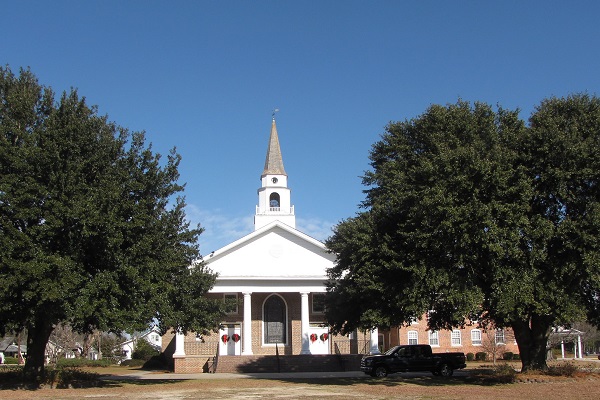
The seminary apologized for its past as late as 1995.
The Southern Baptist Convention released a brutal, unnerving report delineating the second biggest U.S. faith group to institutionalize racism.[/tweetit] The 71-page report was published by Southern Baptist Theological Seminary, and it took a year to write. R. Albert Mohler Jr., the seminary president, wrote in the introduction that slaves were owned by all four founding members who actively participated in any action to defend the practice of slavery.
Southern Baptist Seminary Report Laments Founders Racism and Slaveholding[/tweetthis]
Mohler, the leader of the Southern Baptist Convention since 1993, commissioned the report and promised from the beginning it would be released to the public sans any editing. The compilation was done by a committee comprising of six present and former faculty members of the seminary.In Mohler’s introductory letter, the 59-year-old school President admitted no narration of the SBC story would be complete without deep racism and slavery.
The facts in the report were sourced from seminary archives, including the correspondence which took place among the SBC’s four founders. The four among them had a total of over 50 slaves. It was acknowledged in the report the only reason a distinct denomination, the Southern Baptist, was formed was because the northern Baptists steadfastly refused to appoint the Southern slaveholders as Baptist missionaries. The early faculty of the Southern Seminary and its trustees vociferously defended the so-called righteousness of slaveholding. They actively opposed all efforts to restrict the institution. The SBC leaders opposed the election of Abraham Lincoln. Others have even insisted slavery to be a “God-ordained institution.” The leaders of the seminary had advocated secession from the United States, viewing it as their sole hope in order to preserve the right to hold slaves.
Praise God for @albertmohler and @SBTS! The cover letter to this report sums up so much of what has been missing in the SBC during my lifetime. We can’t allow apathy or our arrogance to keep us from repentance and reconciliation. #newday https://t.co/kOmWpRLQTk
— Josh Rowell (@jrowell13) December 13, 2018
Nothing changed even after the end of the civil war. The Reconstruction period witnessed SBC leaders opposing African-American political representation and even explicitly pushing for white supremacy. The seminary leaders, for most of the 20th century, defended racial segregation. Black students were not admitted into its educational institutions. The classrooms in the SBC were integrated for all skin tones only from 1951.
The SBC made a formal apology to African-Americans as late as 1995 for its pro-slavery past. In 2017, the convention adopted the resolution against white supremacy.
